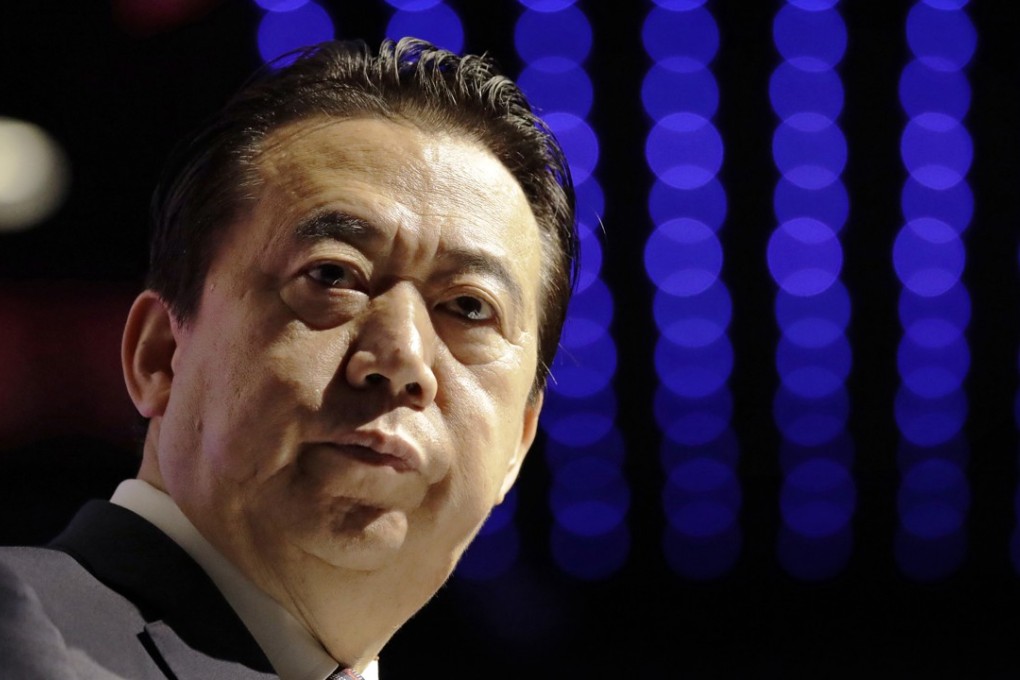Interpol demands answers from China on missing president Meng Hongwei
French interior ministry says wife and family of missing official are under protection after receiving threats on social media

Interpol has urged Chinese officials to release information on the whereabouts of Meng Hongwei, the president of the international police agency who went missing after leaving France for China on September 29.
“Interpol has requested through official law enforcement channels clarification from China’s authorities on the status of Interpol President Meng Hongwei,” it said in a Twitter statement on Saturday.
“Interpol’s secretariat looks forward to an official response from China’s authorities to address concerns over the President’s well-being.”
Police in Lyon, the French city in which Interpol is based, had earlier launched their own investigation into Meng’s disappearance after his wife reported him missing.
The French interior ministry, meanwhile, said it was concerned about unspecified “threats” received by Meng’s wife. She and her family have been placed under police protection following the “worrying disappearance”, it said.